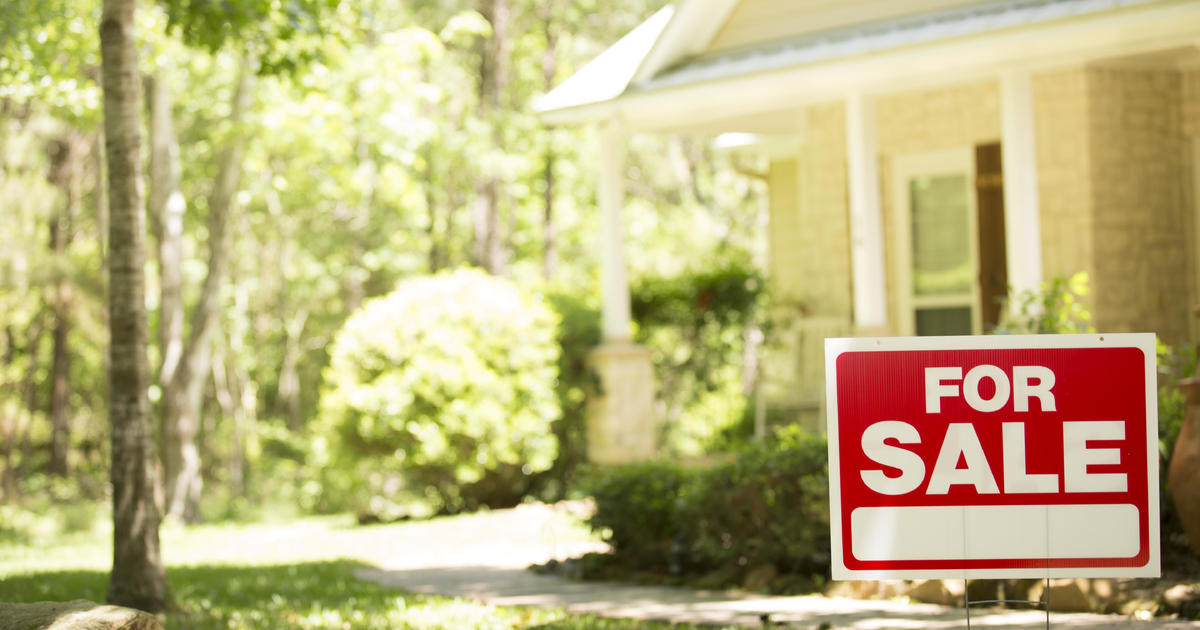
Zillow's online house-flipping division bought fixxer-upper homes high and is now selling them relatively low as its flips turned into a flop, forcing the company to exit the emerging business and dump thousands of its own properties on local real estate markets.
The real estate search giant plans to sell roughly 18,000 homes it already owns or has under contract to own through its home-flipping business, called Zillow Offers, according a letter to shareholders. It expects to lose about 5% to 7% on the failed venture, the company told investors last week.
Zillow's enemy was its own algorithm — and an under appreciation for the individual nature of a flippable home's quirks. As one Sacramento, California-based appraiser told Money.com, "Zillow can't smell if 20 cats live there."
Though Zillow gobbled up thousands of properties in recent months at inflated prices, it's unlikely ordinary consumers will be snapping up bargains when the company unloads them, experts said. Here are a few reasons why:
House flipping is becoming less lucrative
HGTV-style house flipping — buying a run-down home on the cheap, renovating it quickly and selling it for a profit — is becoming less lucrative, even for experienced flippers. Supply-chain snags and labor shortages during the pandemic mean it's more expensive and takes longer to turn run-down homes into pricier, renovated gems.
Though house flipping accounted for 1 in 20 transactions nationwide in the three months ended in June, sales of flipped homes were the least profitable in a decade, according to Attom Home Solutions, which tracks the practice.
"Resale prices rose at a slower pace than they were going up when the latest round of home flippers originally bought their properties," Todd Teta, Attom's chief product officer, told CBS MoneyWatch.
That's part of the reason why the bulk of Zillow homes will likely either be sold to corporate buyers for rental housing or "not be put on the market quickly," Teta said.
Corporate buyers are already circling
Institutional buyers are already taking a close look at Zillow's property portfolio, the Wall Street Journal recently reported. Suitors include American Homes 4 Rent, Invitation Homes and Pretium Partners. It isn't clear if Zillow's inventory, including those not yet purchased, would be sold in one big transaction or in chunks, the news outlet said.
Still, Zillow said it still planned to market its properties to everyone.
"We are continuing to sell our remaining inventory the same way we always have. We sell our homes to buyers of all types, which includes individuals, families, individual investors, institutional investors and nonprofits," a Zillow spokesman told CBS MoneyWatch.
Existing home prices are still rising
In September, the median price for existing U.S. single-family homes — the kind flippers buy — rose 13% from the same month a year earlier, according to the National Association of Realtors.
Yet Zillow continued to speed up its purchases this year until halting them in mid-October. Almost two-thirds of the homes Zillow owned in its five biggest markets were listed at a loss, according to Business Insider. In Phoenix alone, some 93% of Zillow homes were posted at lower prices than Zillow paid for them, according to the news outlet's calculations.
Even in Phoenix, where online flipping companies account for 12% of active listings, according to one local realtor interviewed by Business Insider, Zillow isn't seen as likely to sell in the open market at bargain prices. That differs from the housing crisis more than a decade ago, when foreclosures forced a glut of properties onto many markets.
"That would be noticeable, but they're not going to do that — they're not in foreclosure. They're going to sell over time," Susan Wachter, a real estate professor at the Wharton School of Business told CBS MoneyWatch.
"And in a rising market, there will be losses, but it doesn't necessarily affect housing prices noticeably," Wachter said.
"Be cautious"
RedFin, which has a unit called RedFinNow that competes with Zillow Offers, Opendoor and Offerpad, told analysts in an earnings call last week that unlike Zillow it had slowed its flipping purchases through early September.
Flipping a home, on average, took RedFin 37 days in the third quarter, versus 28 days in the second quarter. Property-holding costs and "renovation bottlenecks" will cut profit margins for the rest of the year — though the company expects RedFinNow to remain profitable, Chief Executive Glenn Kelman said in the call.
"Our ability to renovate homes fast is often the difference between a home that can only rise or fall in value with the market, and one that sells for a premium within days of its debut," Kelman said.
Individual home buyers or small flipping businesses should take note, Teta said.
"Considering [that] returns on each deal generally allow for the next one, flippers should be cautious in what they are paying for homes so as not to chase the market," Teta advised.
Download our Free App
For Breaking News & Analysis Download the Free CBS News app
"selling" - Google News
November 10, 2021 at 01:54AM
https://ift.tt/3knpk2T
Zillow is selling thousands of homes in hot markets. What's that mean for buyers? - CBS News
"selling" - Google News
https://ift.tt/2QuLHow
https://ift.tt/2VYfp89
Bagikan Berita Ini














0 Response to "Zillow is selling thousands of homes in hot markets. What's that mean for buyers? - CBS News"
Post a Comment